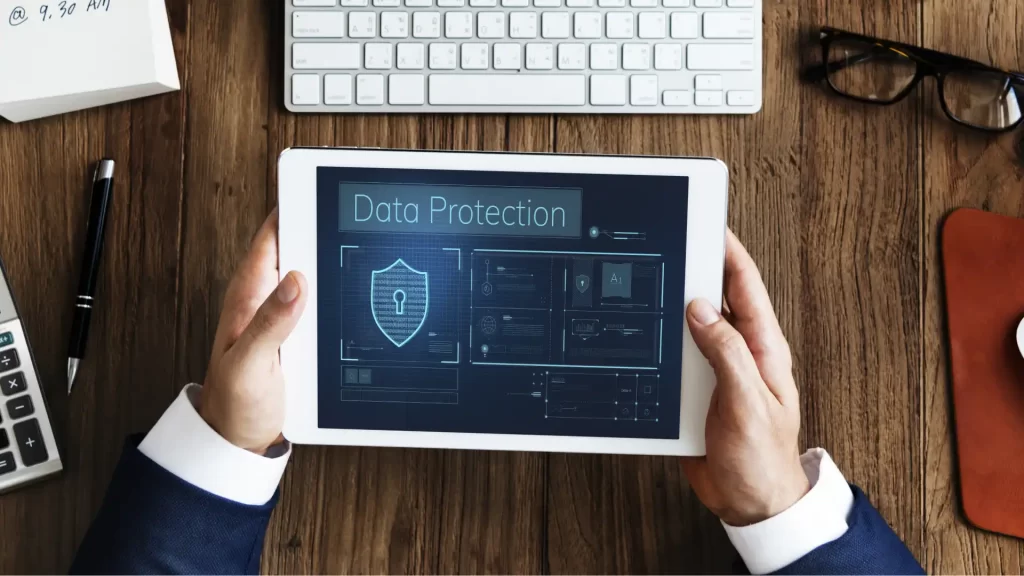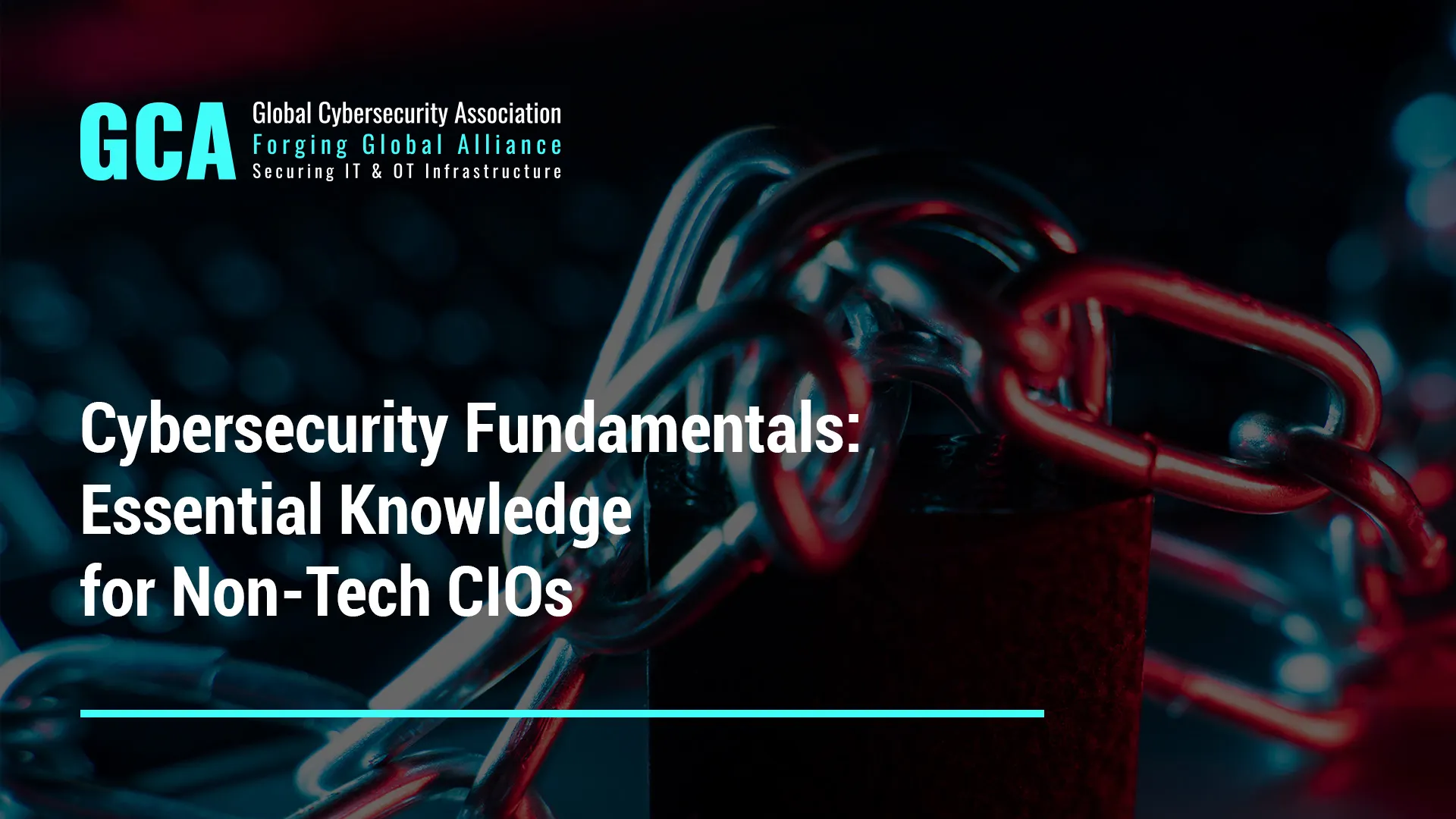Introduction:
In today’s digital landscape, cybersecurity is a critical concern for organizations of all sizes and industries. While non-tech Chief Information Officers (CIOs) may not possess deep technical expertise, having a foundational understanding of cybersecurity concepts, terminology, and best practices is crucial for effective decision-making and ensuring the security of their organization’s digital assets. In this blog post, we will provide an overview of cybersecurity fundamentals that non-tech CIOs should be aware of, empowering them to navigate the complex realm of cybersecurity with confidence.
Understanding Cybersecurity:

Cybersecurity refers to the protection of digital systems, networks, and data from unauthorized access, use, disclosure, disruption, modification, or destruction. It encompasses a range of technologies, practices, and policies aimed at safeguarding information and preventing cyber threats.
Threat Landscape:
The threat landscape is constantly evolving, with new cyber threats emerging regularly. Non-tech CIOs should stay informed about prevalent threats such as malware, phishing, ransomware, and social engineering, in order to understand the risks and implement appropriate countermeasures.
Risk Management:
Effective cybersecurity involves risk management. Non-tech CIOs should conduct regular risk assessments to identify vulnerabilities, evaluate potential impacts, and prioritize mitigation strategies. This helps allocate resources effectively and make informed decisions on cybersecurity investments.
Data Protection and Privacy:

Protecting sensitive data is paramount. Non-tech CIOs should understand data classification, encryption, access controls, and data breach response plans. Compliance with applicable privacy regulations, such as GDPR or CCPA, is essential to protect customer and employee data.
Security Awareness and Training:
Employees play a vital role in cybersecurity. Non-tech CIOs should prioritize security awareness training programs to educate staff about common threats, phishing, safe online practices, and the importance of strong passwords. Regular training helps establish a security-conscious culture within the organization.
Incident Response:
Having a well-defined incident response plan is critical. Non-tech CIOs should collaborate with IT and security teams to develop a comprehensive plan outlining the steps to be taken in the event of a cybersecurity incident. This enables swift and effective response, minimizing damage and downtime.
Vendor and Third-Party Risk Management:
Many organizations rely on third-party vendors for various services. Non-tech CIOs should implement due diligence procedures to assess the cybersecurity posture of vendors and establish clear contractual obligations regarding security controls and incident reporting.
Security Governance:
Non-tech CIOs should establish and maintain strong security governance practices. This involves setting cybersecurity policies, procedures, and guidelines, as well as ensuring regular audits, compliance monitoring, and accountability across the organization.
Conclusion:
While non-tech CIOs may not possess deep technical expertise, having a fundamental understanding of cybersecurity concepts, terminology, and best practices is essential for effective decision-making and safeguarding their organization’s digital assets. By prioritizing cybersecurity awareness, risk management, data protection, incident response planning, and security governance, non-tech CIOs can contribute to a strong cybersecurity posture within their organizations. By embracing cybersecurity fundamentals, they become better equipped to collaborate with IT and security teams, make informed decisions, and protect their organization from ever-evolving cyber threats.
